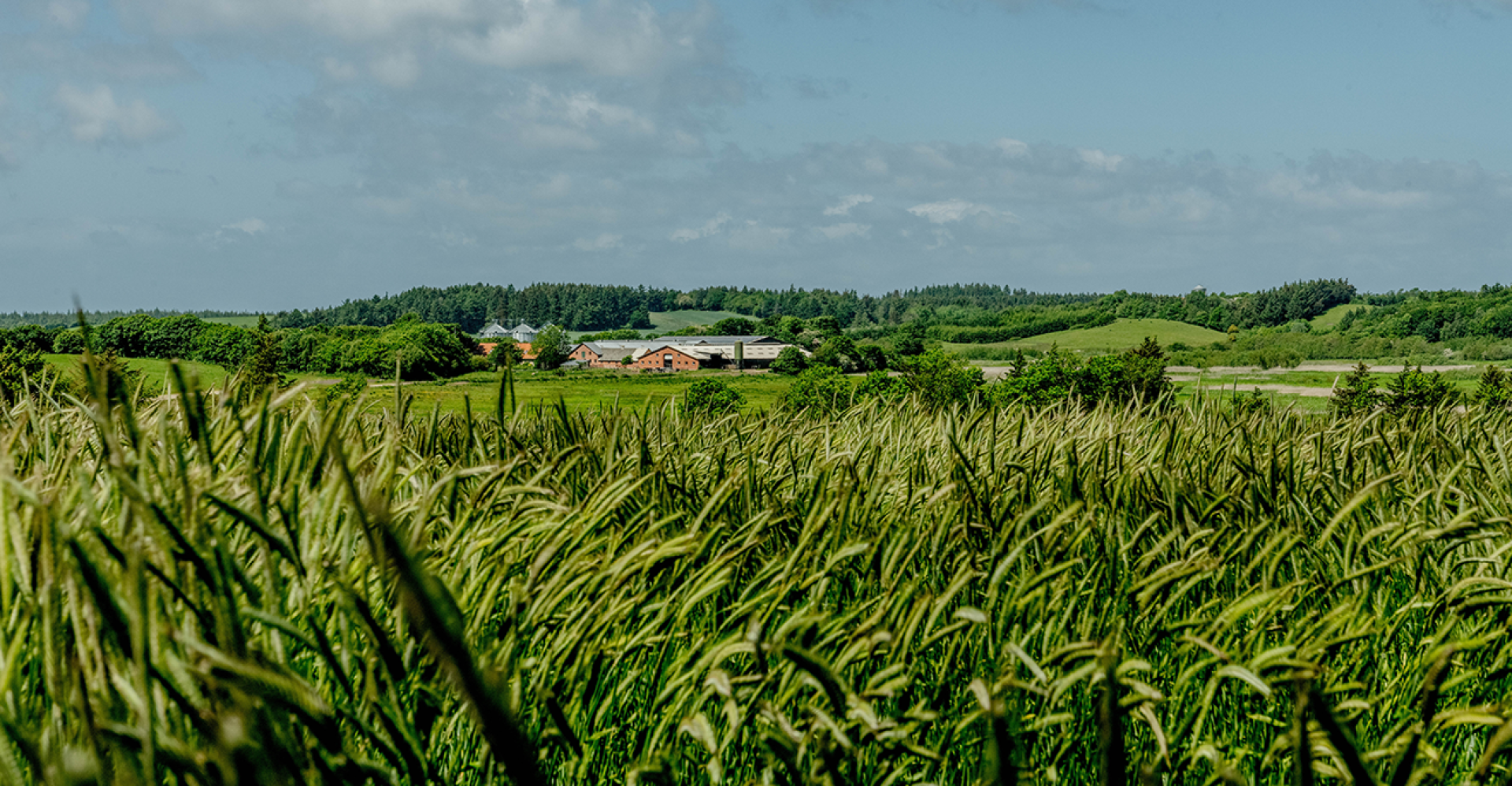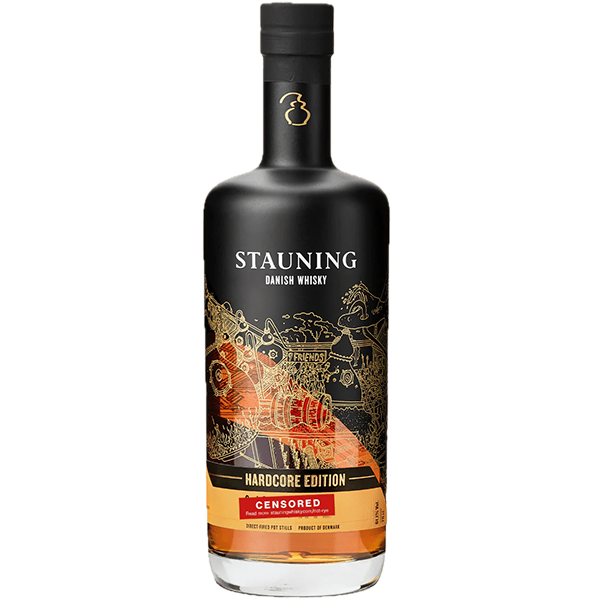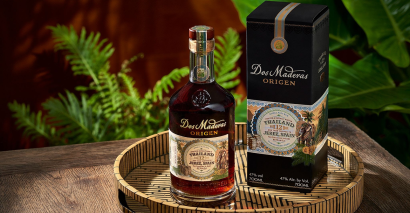
Denmark's Thy Distillery believes in transparency, yet it, and other European distillers, can't label its whisky made from rye as "rye whisky."
Suddenly, Rye Makers in Europe Are Not Allowed to Call it Rye
April 2, 2025 –––––– Heather Storgaard
Rye is a whisky made from at least 51% rye, right? While that might be simple enough in the U.S., European whisky made from rye has just become a whole lot more complicated. A long-overlooked 2003 agreement between the EU and Canada states that apart from U.S.-made rye, the only “rye whisky” allowed in the EU is Canadian. European rye, which largely didn’t exist when that agreement was made, suddenly finds itself in crisis, with producers rushing to redesign labels, edit their messaging, and contact their political and legal representatives.
The Rise of European Rye Whisky
In recent years, European distillers have been some of the whisky world’s most acclaimed rye makers. This isn’t surprising to anyone from northern Europe, where rye is integral to culture, food, and now drink. Indeed, European immigrants from Germany and elsewhere are widely credited for popularizing the grain in North America in the first place. More recently, rye whisky has been shaken up by producers from countries such as Denmark and Finland.
April Fools! Or not?
On 1st April, distilleries including Denmark’s Stauning and Thy Distilleries, Finland’s Kyrö, and Stork Club in Germany, launched a coordinated social media campaign to inform customers of their predicament. Posting images of their lovingly crafted rye whiskies with the word “censored” across the name on their labels, they chose the date to amplify the absurdity of the situation. The fact that rye whisky cannot be called rye whisky in the EU outshone the majority of pranks and fake news stories this April Fools’ Day.
For young producers in northern Europe, transparency has emerged as a central part of their differentiation strategy and identity. Taking inspiration from the New Nordic Cuisine movement, whisky producers in the region have focused on locally grown and traceable ingredients, and production methods. That is part of why the new implementation of these old rules has hurt so much. Telling EU rye whisky producers that they cannot label their products using the very grain in their mash seems ridiculous. “We need to look at this from the consumer’s perspective; it’s also about honesty. We want to be very transparent about what we’re making and where the quality and flavor come from, but then we get a rule that tells us we can’t do that. That leaves us in a very obscure position,” says Thy Distillery co-owner Jakob Stjernholm.
Canadian Rye
To make the situation even more absurd, Canadian rye whisky is not legally required to contain any rye at all. Canadian law recognizes identical requirements for “Canadian Whisky,” “Canadian Rye,” and “Rye Whisky,” and keeping the definitions synonymous with the EU was likely the goal back in 2003. In relation to transparency and consumer trust, this could be a timely wake-up call for Canadian whisky producers, too.
The Future
European rye whisky producers are currently stranded with very little clarity. EU agreements are implemented as law by individual member states, meaning that a distillery in Denmark now has different rules than its neighbors in Germany. For many distilleries, clear guidance is still to be issued. Yet the situation is even more complicated for those exporting beyond the EU. After completing a reluctant re-design to comply with EU rules, Stauning recently had its whisky labels rejected by U.S. regulators. According to feedback, “rye whisky” must be stated on the label.
Ask producers, and the solution here is clear: The EU needs to take a second look at its 2003 agreement with Canada. Whether through the brokering of exemptions or a complete renegotiation, something needs to change. Kyrö co-founder Mikko Koskinen says, “In Nordic whisky, we try to be very transparent, because that’s how we feel you build trust and then the freedom to build premium products. We just want the EU to support our goals on transparency and fair game.” Ultimately, rye is a kind of cereal. The idea that one country can own a crop is an absurd one.




.png?resize=410x0)
